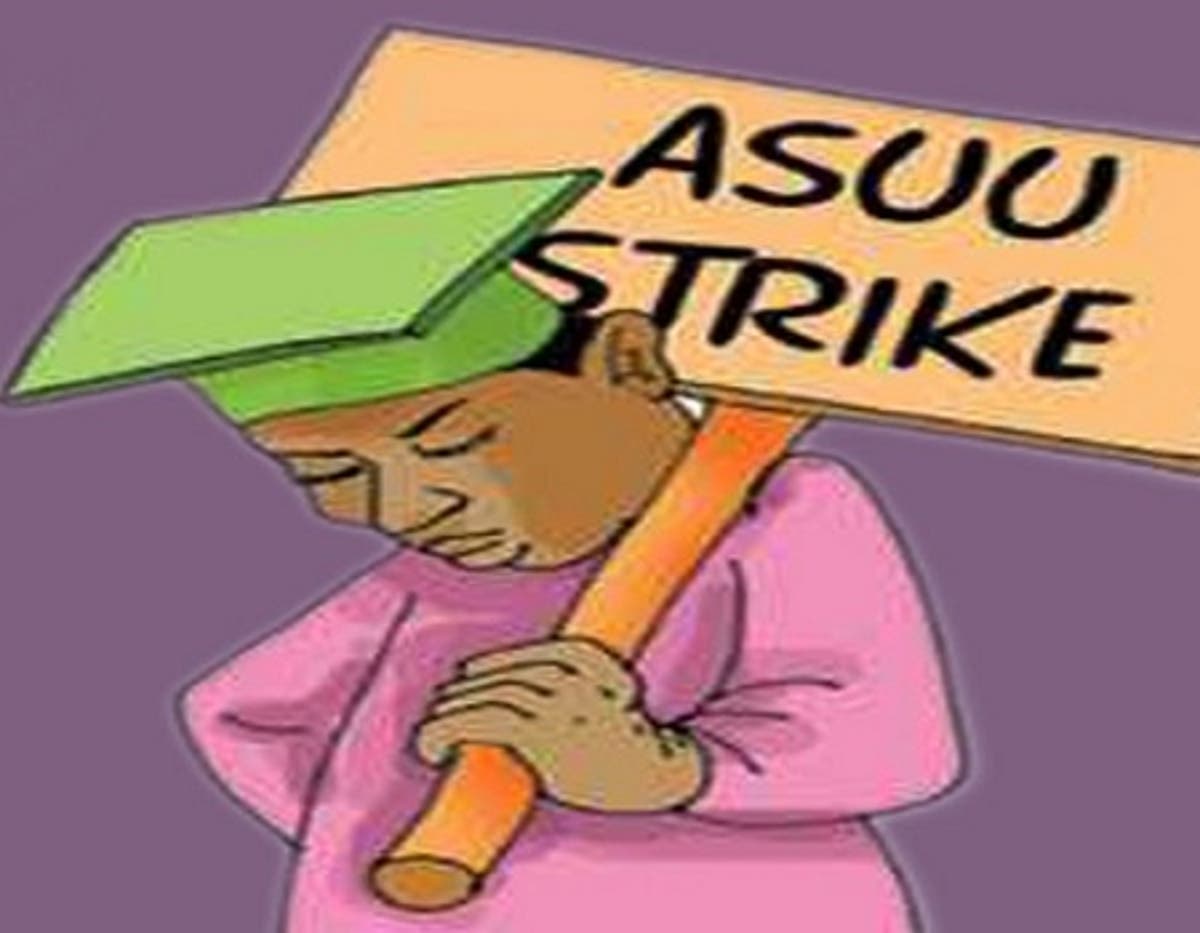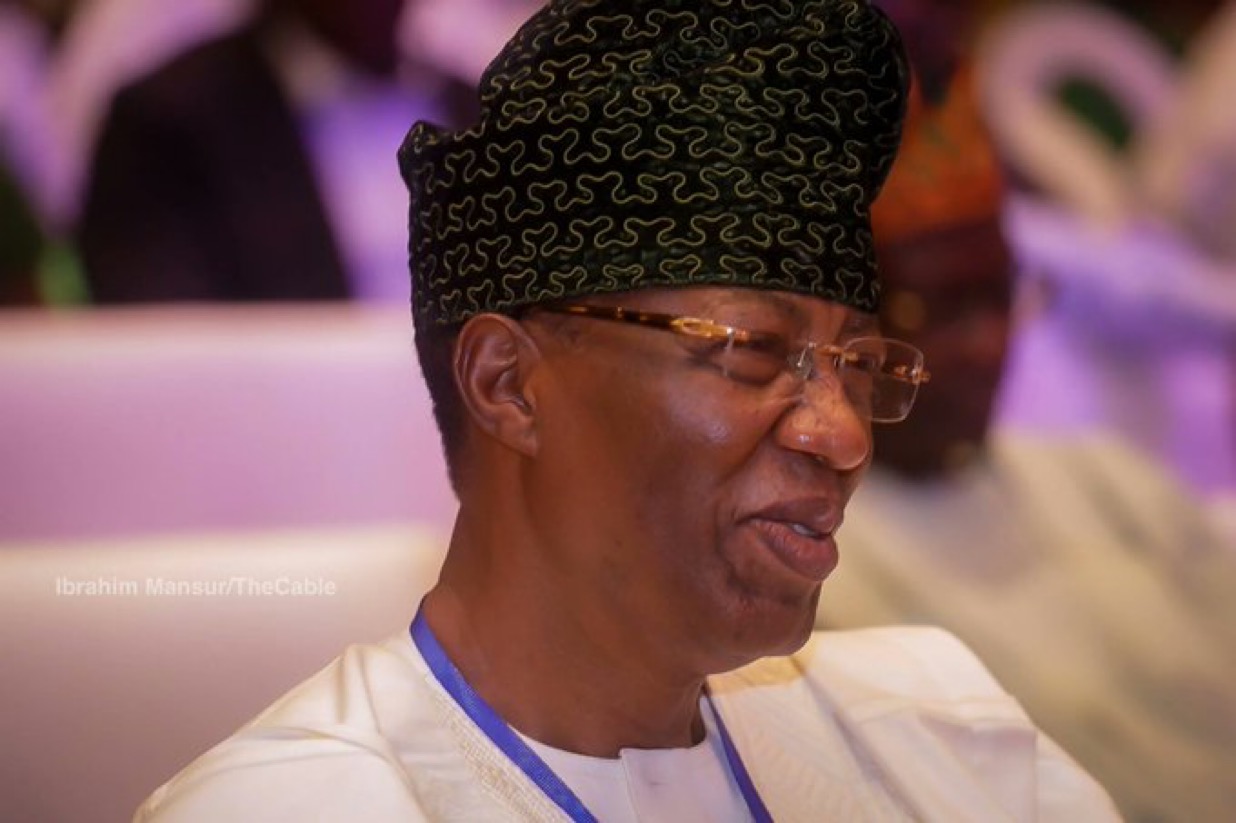
Academic Activities in Nigerian Universities Under Threat as Nationwide Protest Looms

The relative calm that Nigerian universities have enjoyed for over two years may soon be shattered, as tension mounts across campuses over an impending wave of protests.
Reliable sources within the system have confirmed that branches of academic unions are bracing for countrywide demonstrations — a move widely interpreted as the first step toward a nationwide strike.
The warning signs are already visible. Meetings are being convened in various universities, with lecturers and union representatives expressing growing frustration over unresolved issues with the Federal Government.
From unpaid arrears to funding shortfalls and poor infrastructure, the grievances have piled up to a breaking point. Many insiders describe the protests as “inevitable,” arguing that government inaction has pushed academics to the wall.
For students, the news has been met with palpable fear and anxiety. The memory of previous strikes — some stretching for eight months — remains fresh. Families are dreading yet another disruption that could derail academic calendars, extend graduation timelines, and deepen the crisis of unemployment among graduates.
Parents, who already battle the rising cost of education and living in a struggling economy, say another strike would be nothing short of devastating.
What makes this looming crisis particularly significant is that it would end the longest stretch of uninterrupted academic activity Nigeria’s tertiary sector has seen in recent history.
For over two years, students have enjoyed stability, a rare achievement given the recurring pattern of strikes in the past decade.
Analysts note that this period of calm has boosted confidence in the system, with universities witnessing smoother admissions and graduations. But that fragile progress now hangs in the balance.
Union officials, while not yet declaring a strike outright, insist that the planned protests are meant to serve as a wake-up call to authorities. The move is designed to signal the seriousness of their demands, and insiders warn that unless urgent steps are taken, the protests could snowball into a full-blown nationwide shutdown. “The government has taken our patience for granted for too long,” one union leader reportedly said. “We cannot continue to work under these conditions while promises remain unfulfilled.”
On social media, reactions are divided. Some Nigerians support the lecturers, citing years of neglect and underfunding of the education sector.
Others, however, are pleading with the unions to reconsider, pointing to the ripple effects on students and the economy at large. Hashtags around the issue are beginning to trend, amplifying the sense that the standoff could escalate quickly.
The Federal Government is yet to issue a concrete response, though officials have hinted at ongoing talks behind closed doors. Observers fear that without swift intervention, the protests could mark the beginning of yet another cycle of industrial unrest, one that will test the resilience of students, parents, and lecturers alike.
As the country waits, one thing is clear: the fate of Nigeria’s higher education sector once again hangs by a thread.
If the protests gain momentum and government engagement fails, the possibility of a nationwide strike looms — threatening to plunge millions of students back into the familiar uncertainty of waiting at home, their futures once again put on hold.


